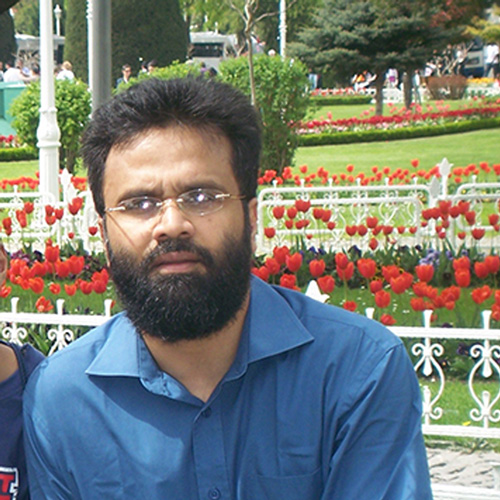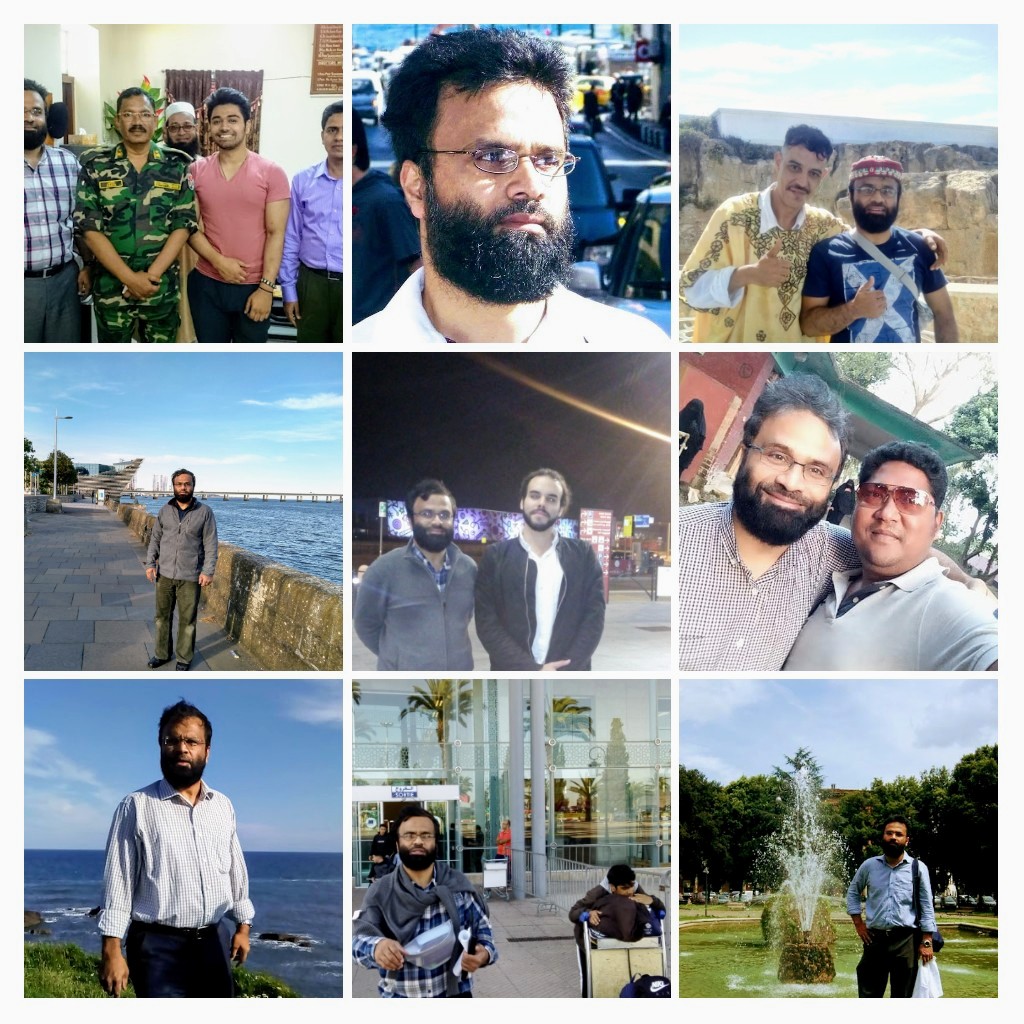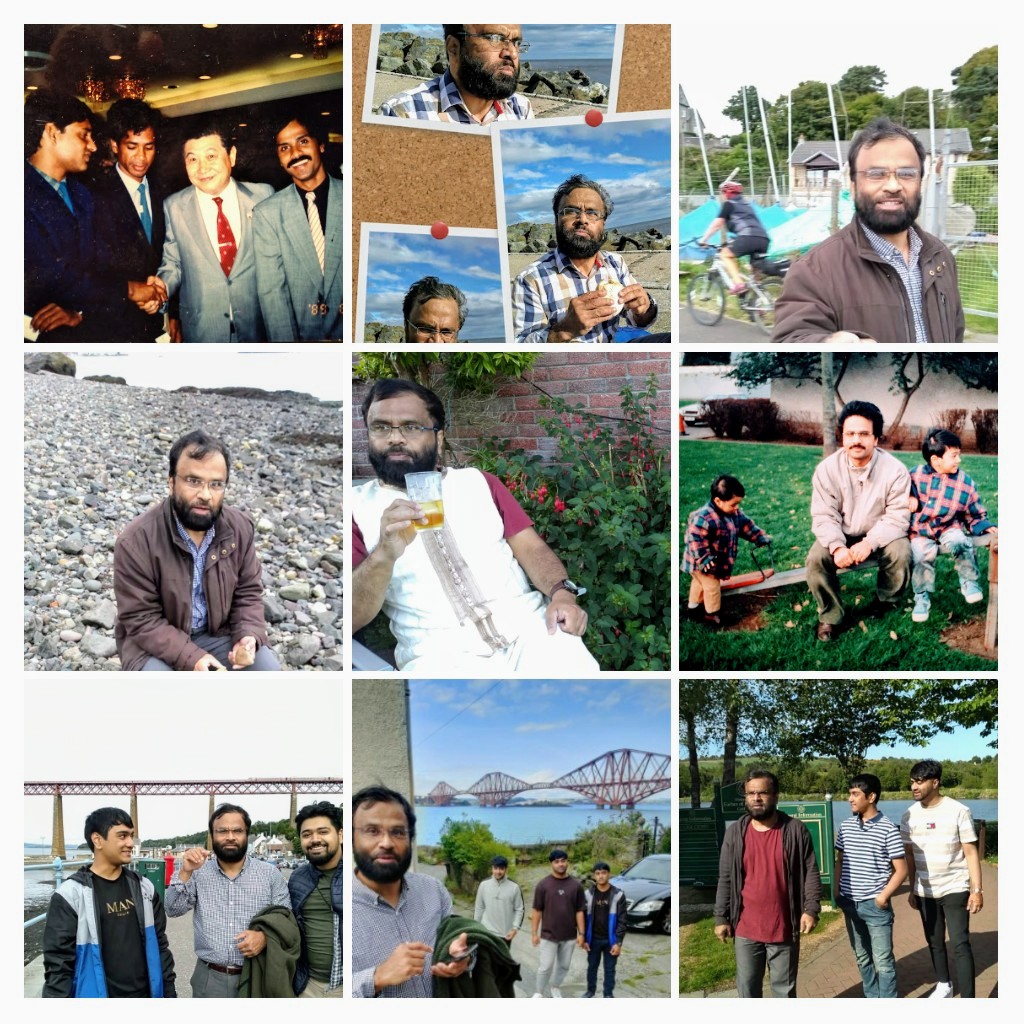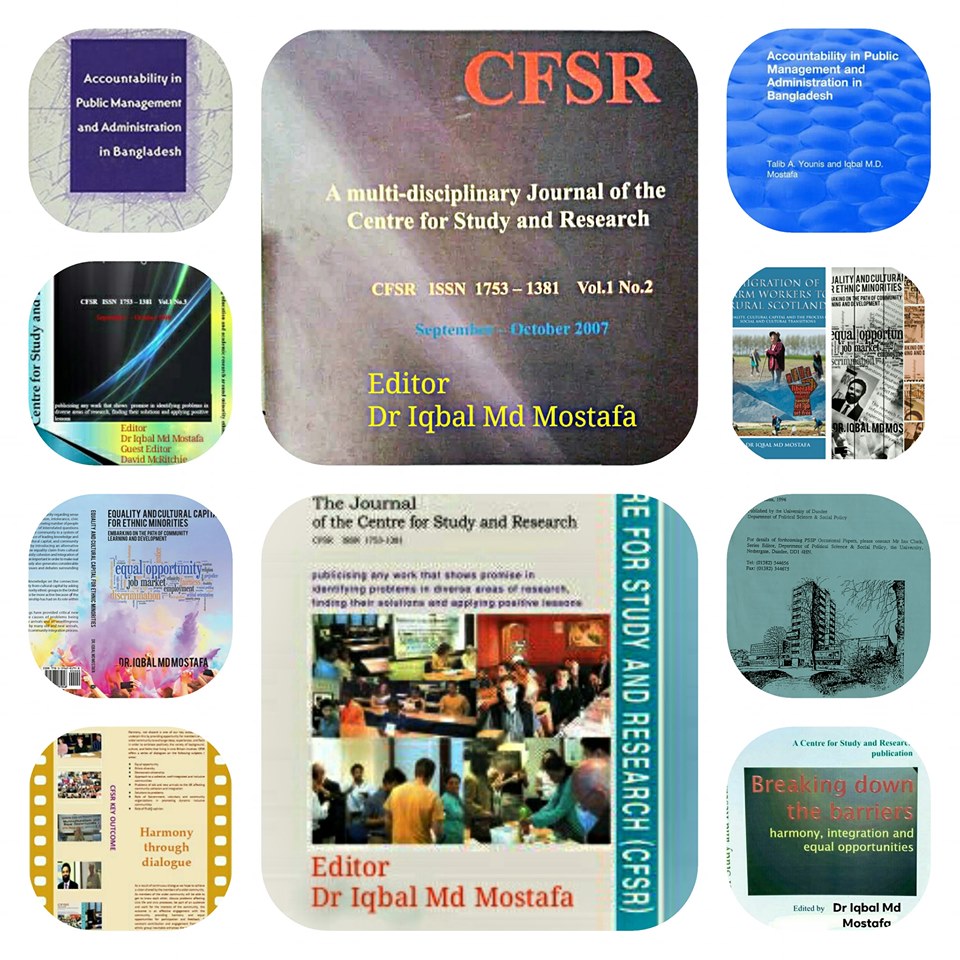
About the Author
Dr Iqbal Md Mostafa is an accomplished academic, researcher and prominent advisor and consultant of public and private sector organisations. He studied at Dhaka University and Dundee University in early 1980s and mid 1990s and received his Bachelors, Masters, MPhil and Doctorate in Public Administration, Sociology and Community Learning and Development. He has over three decades of experience of teaching University level of courses and international Public Administration and Management Programmes both in the United Kingdom and Bangladesh.
Dr Iqbal is known for his work on the migration and the ethnic minorities’ world. Prior to his move to the School of Education and Social Work, University of Dundee, Dr Iqbal lectured at Glasgow Caledonian University and became the Founding Director of the Centre for Study and Research (CFSR) and the Chief Editor of the CFSR Journal. His research has had a significant impact in public administration and sociology, broadly construed, as manifested by independent genuine sources. After spending some time at USAID as a research fellow and working at the University of Chittagong as a Senior Lecturer, Dr Iqbal moved to the UK to pursue a PhD from the University of Dundee. Although he has gained recognition for his work in Public Administration he was awarded his Doctorate degree in Sociology / Community Learning and Development. His work includes migration, public policy, management and administration, race and ethnic relations, ethnicity and identity politics. His knowledge of race and immigration and expertise and interest in the political and social organisations and applied sociology from cultural capital, integration and equality perspectives are considerable, and covers a plurality of viewpoints and experiences.
Dr Iqbal’s unparalleled drive and enthusiasm over the past years have generated some research activities which have made not only a valuable contribution to public management by developing its central concepts and applying them to developing countries but also a unique identification of the building blocks necessary to expand our understanding of the issues faced by our communities embarking on the path of community learning and development. His inventive pieces of academic work have made a significant impact in the area of higher education, affecting a substantial number of academic institutions and public, private, and voluntary sector organisations He has published widely in the field of Public Administration, Sociology and Community Learning and Development. He has also held an administrative post at academic institutions. He has had a position of considerable influence outside academia in his organisational and academic capacity. Dr Iqbal has received highly prestigious scholarships and academic awards at a national and international level. He has been a member of a prestigious scholarly association, Association of Commonwealth
Universities ((ACU) since 1993.
In his books, Dr. Iqbal has constantly and convincingly conveyed a spirit of exciting research experiences and tried to share with the academia his insights and expertise to analytically analyse exactly what is going on with Ethnic Minorities and Farm Migrants world. His knowledge and skills drawn from the breadth of social sciences contributes to a detailed analysis of Scotland’s ethnic minorities and migrant farm workers’ experiences not only in employment but also around their social and cultural transitions, noting the urgent for major reforms in equality and community learning and development practices.
IF PEOPLE DON’T FEEL EQUAL
Although migrants’ achievements are devalued and their substantive equality remains unprotected their claim from cultural capital is relatively strong and valid to manage. The more migrants are discriminated in the labour market because of their cultural identification, and the more they have low achievements in education or low social status, the more their cultural capital is vulnerable. The more the people are vulnerable to non-recognition of their cultural capital, the more the claims to equality are likely to rise. It is indeed from this debate my conceptual framework initially has begun to unfold.
A SENSE OF ALIENATION FROM A WIDER COMMUNITY
If immigrants feel that they are treated differently and their cultural capital have not equally valued and recognised, then equality claims are likely to be raised and they may endup feeling `this community is against me’.
Michael Walzar’s general theory of distributive justice and Bourdieusian theory of cultural capital have emerged as a powerful model/framework for the study of equality and have the relevance for the study of immigrants to examine their equality claim from cultural capital.




